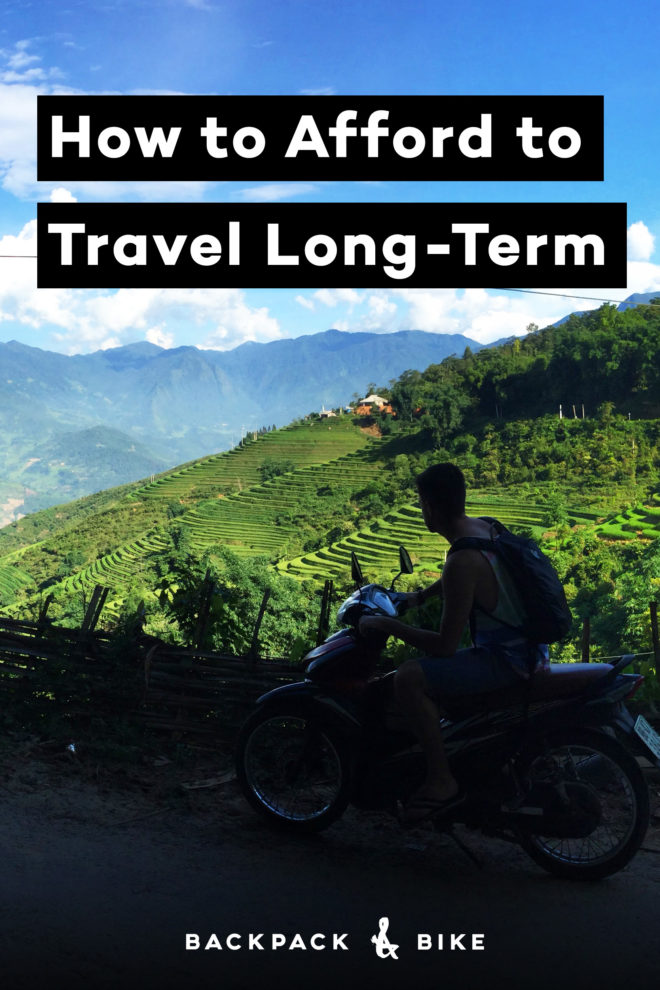1. Before you leave, save little by little.
When you put things in perspective, it is easier to save. Here is an example: if you bring your lunch to work twice a week, that will save you about $20/week. If you make that a new years resolution and give up my mid-march, that’s about 10 weeks saving you $200! And that alone is 100 plates of pad thai or 11 nights sleeping in a bamboo nest in Bali. So even small changes add up!
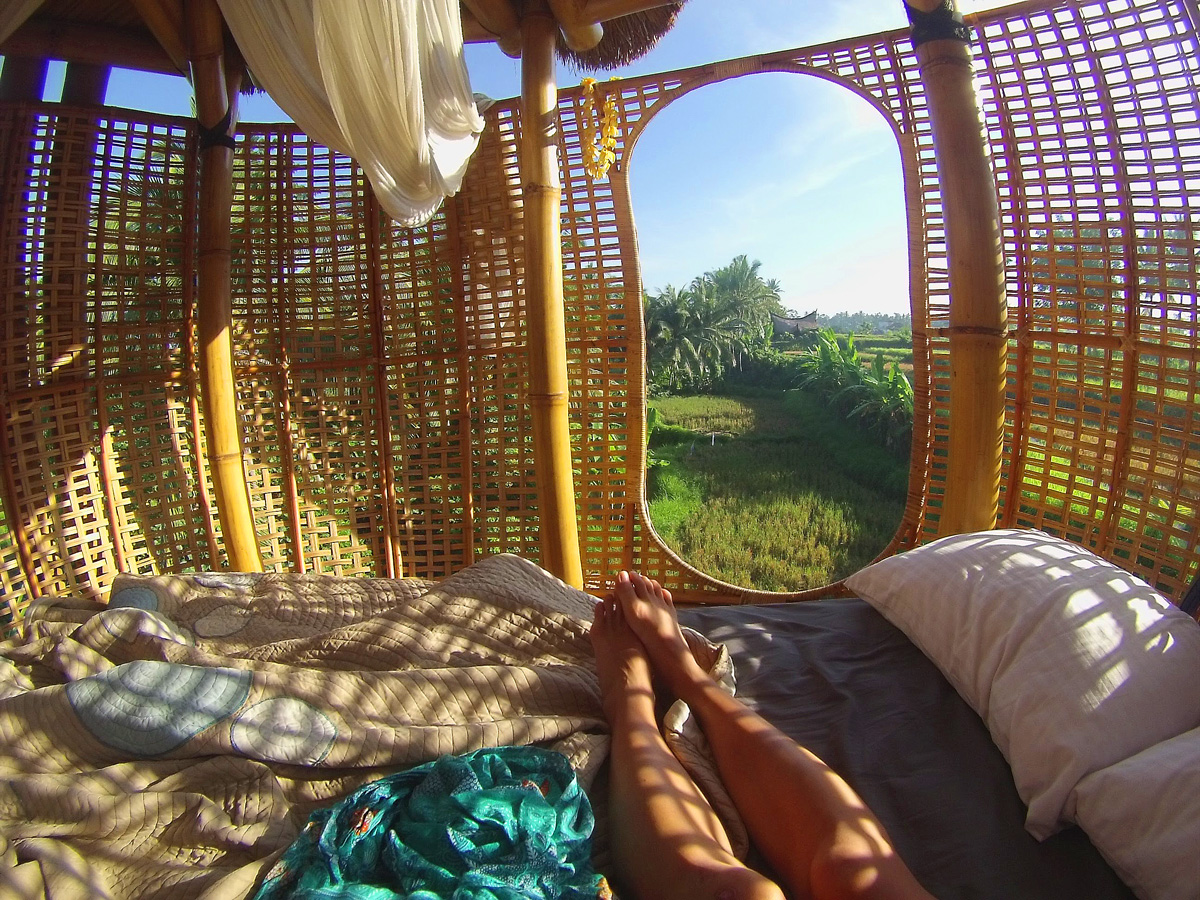
2. Have a budget, and stick to it.
Do a little bit of research and have a daily or weekly budget in mind. South East Asia is a relatively cheap part of the world to travel and live in. So we budgeted $30 CAD per person per day which averages about $1000 per month. This is a pretty tight budget, but I’ve heard of people doing it for less and for more. It all depends what you want to get out of your experience.
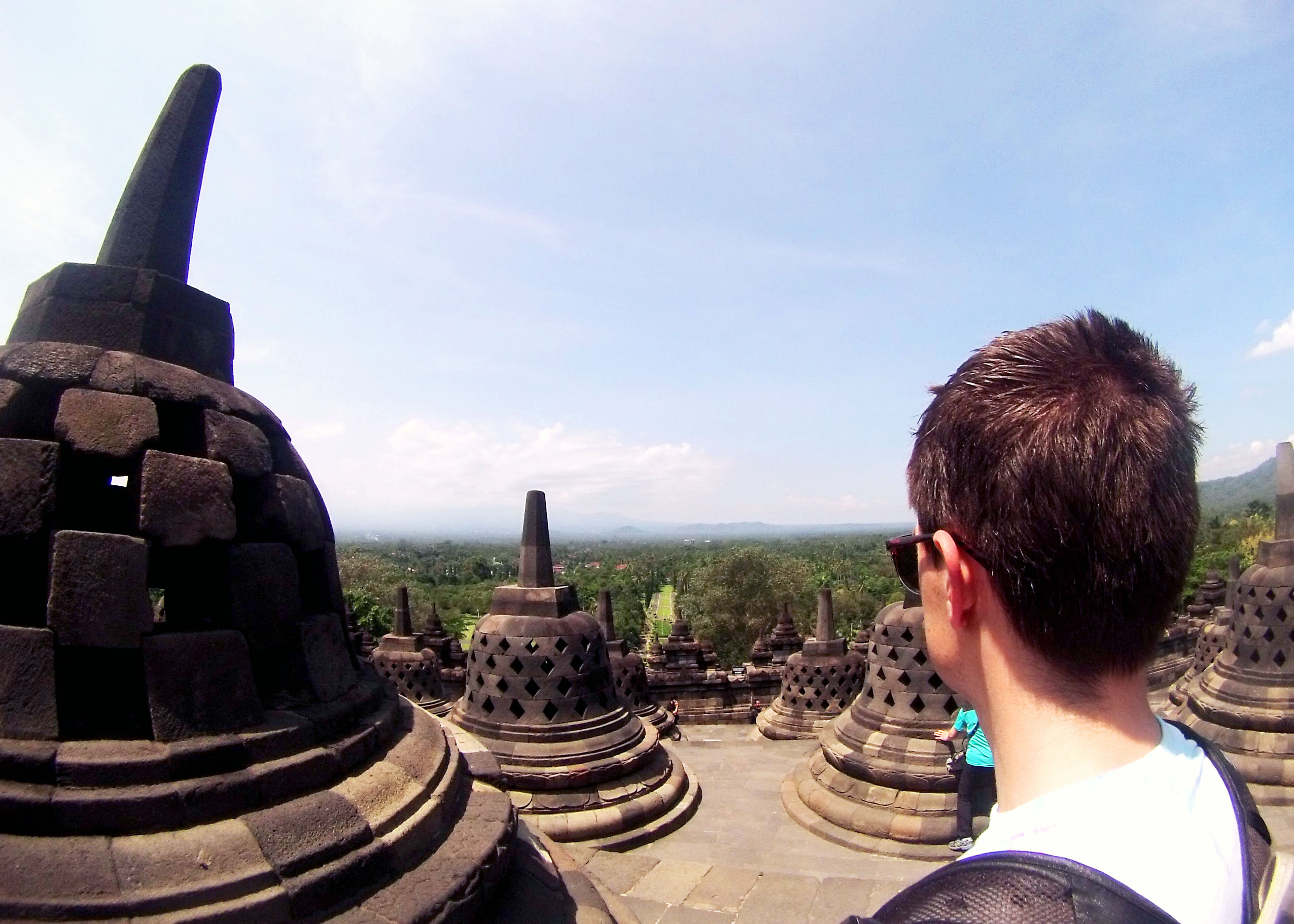
If there is something big we wanted to experience, we aimed to be under budget on other days. For example, we knew visiting Boroburdur temple in Yogyakarta, Indonesia was an absolute must, but a foreign ticket costs an arm and a leg. So for the next few days, we took it easy and tried to stay under budget to meet our average budget goals.
3. Weigh your home expenses.
Let’s break it down. In one month our expenses (for 2 people) are $1400 for rent, ~ $300 for food, and let’s say another $200 for other entertainment, bills, and things. That’s $1900 a month for the two of us. So it costs us $950/per person/ per month just to live at home in Toronto. That’s about the same as our SEA travel budget. Yes I know this math is much simplified, but you get the idea. These expenses go poof when you choose to travel long-term.

4. Take it slow and go with the flow.
Rushing around costs a lot of money! When you’re pressed for time, you feel like you have to do 10 things in one day. And you end up spending a lot on transportation.
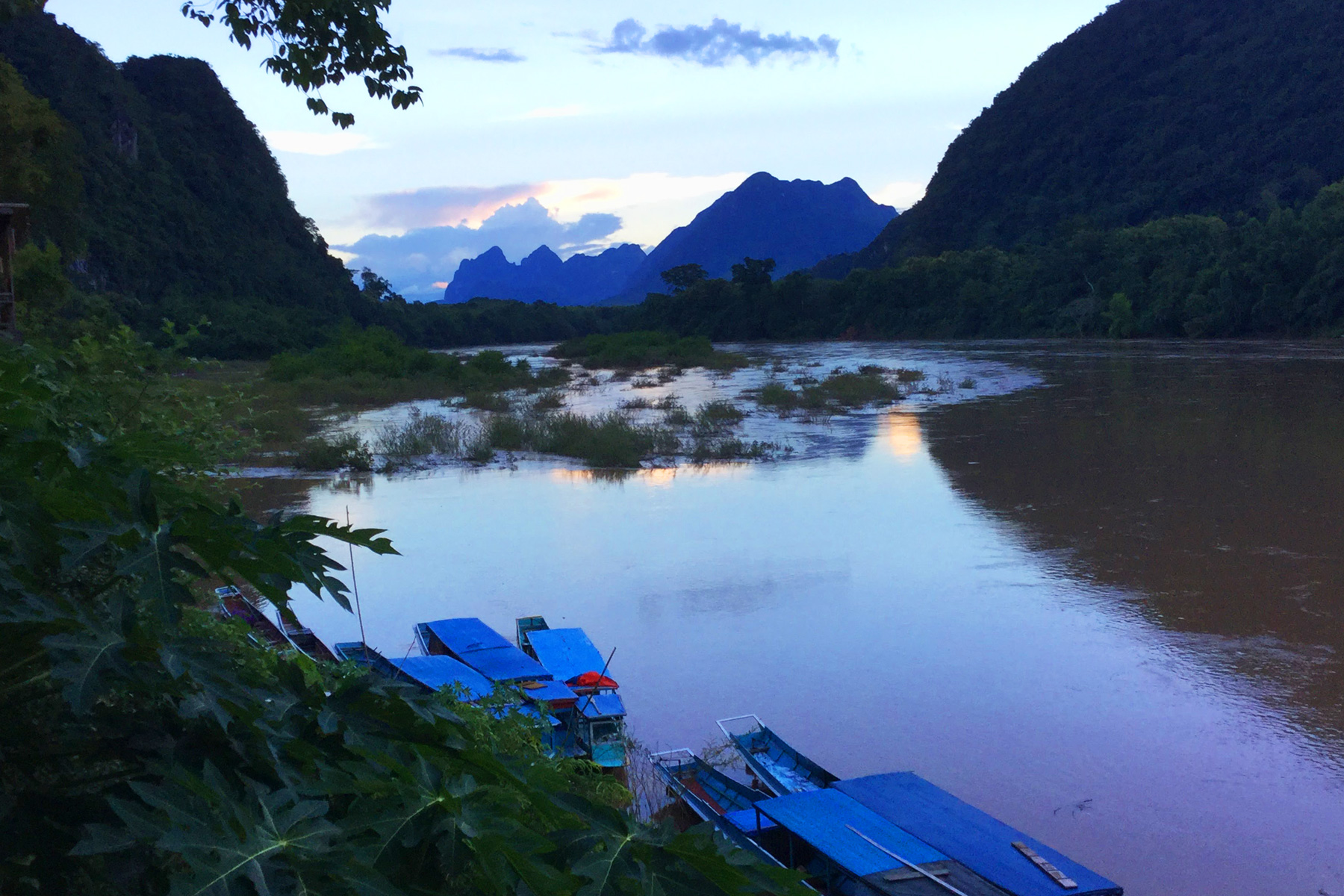
When you travel slow, your transportation costs get cut significantly. Allow flexibility in your schedule. We ended up staying 3 days in a small town in Northern Laos that was just suppose to be a pass-through town. A boat ride was the next leg of our journey and the cost of a ticket for the boat was cut significantly if there were more passengers on the boat. We ended up staying and extra day for more people to arrive to ride the boat to the next town. No regrets, the pace was slow and we paid local prices.
5. Take public transit.
You learn a lot about a place when you have to figure it out for yourself. There is something lost when you’re driven around in a car. Your sense of direction and space isn’t quite the same as when you have to second guess every turn. Besides going on an adventure, public transit like buses, bikes, and even walking is definitely your cheapest mode of transport. If there are locals riding, it’s a good bet.
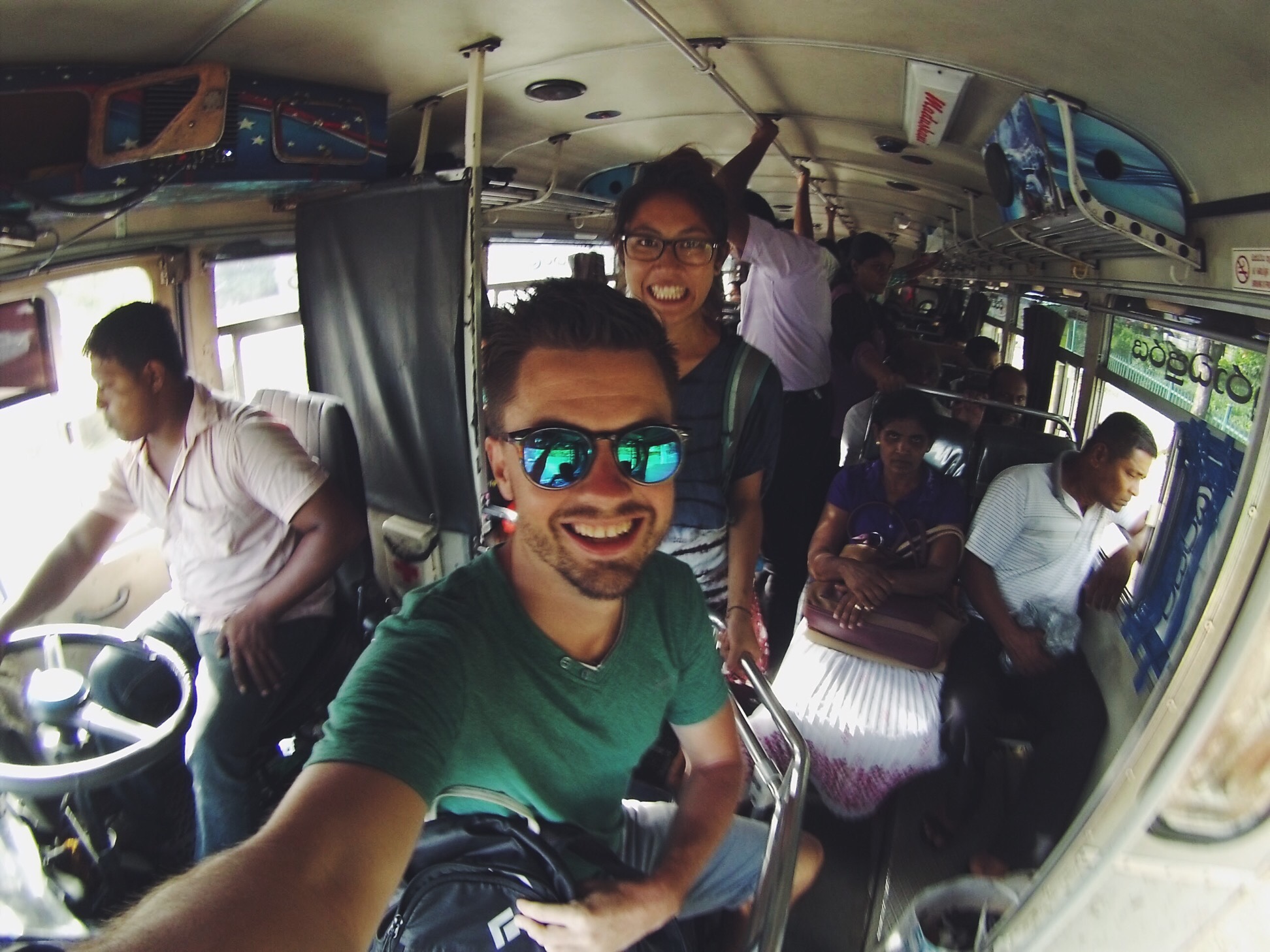
We look local buses all around Sri Lanka. Not only was it hella cheap. I’m talking like $1 CAD for a 2 hour bus ride. But it was also such an experience. We hopped on and off moving buses that don’t quite stop to pick people up, experiences being jammed into a packed bus like sardines, and breathed in the beautiful exhaust that one would if you took the bus regularly.
6. Get off the beaten track.
Things get significantly cheaper when you get out of the tourist zones. We all know that anywhere you go, things are marked up for tourists. When you live like a local, you get a better sense of how life really is, including the real prices people pay. You’ll also meet people and businesses that aren’t in tourist mode. People everywhere around the world and friendly, helpful, and want to learn about people and places different that themselves.
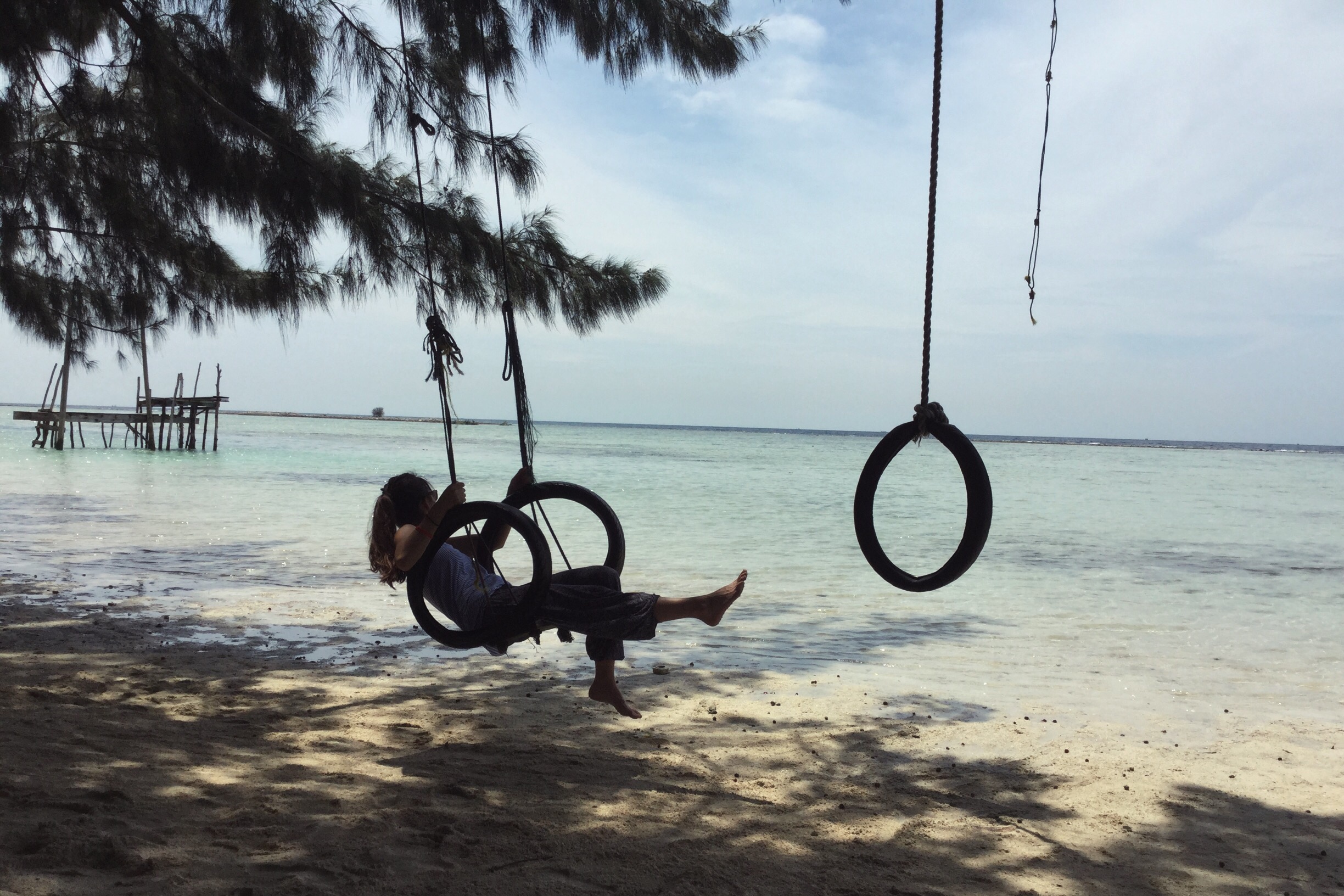
7. Couch surf.
We mention time and time again how much we love couchsurfing. It is an amazing way to meet new people, live like a local, and save a buck or two. We are forever in debt to our couchsurfing hosts who took us in in expensive cities like in Japan.
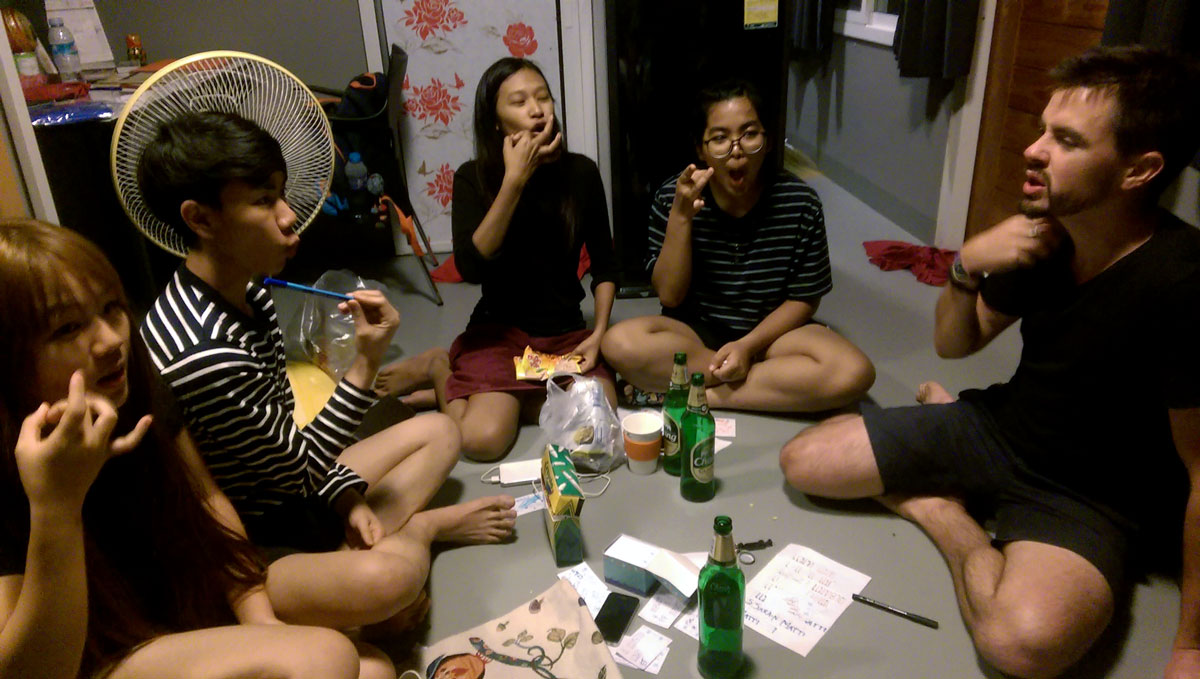
We had a great experience with our host Halfcha in Chiang Rai, Thailand. She is a student at the local university, so we hung out with her friends, ate at the school canteen, and walked the night market. It was a totally unique experience that we have no idea how you would come across if not for couchsurfing!
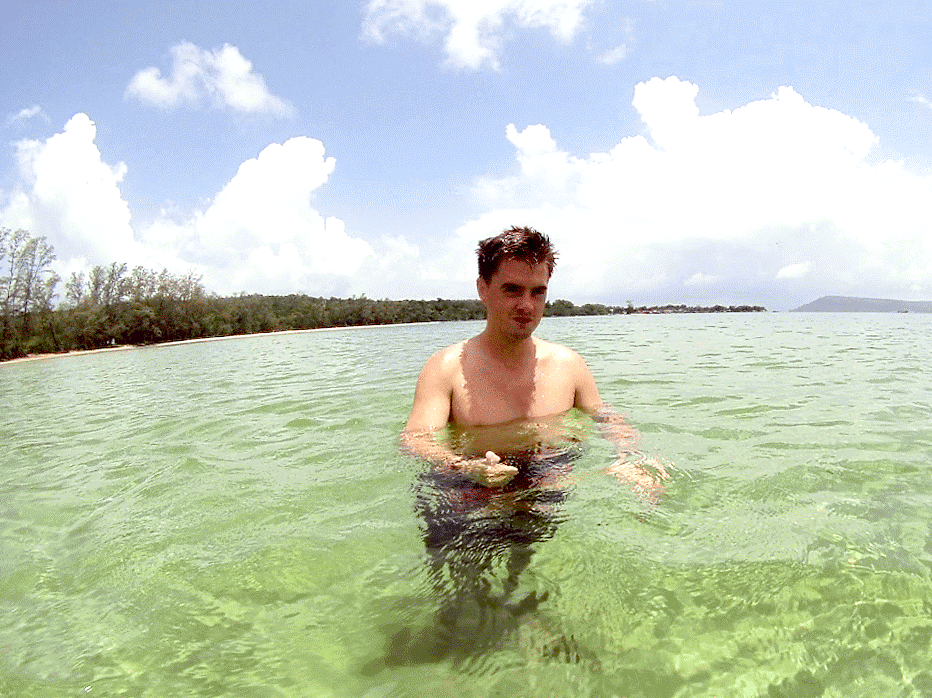
No magic tricks, that’s how we did it. It take additional effort to travel cheap. But it’s 100% worth every penny.
Any other tips / tricks on how you stretch your dollar while travelling? We’d love to hear, leave a comment!

